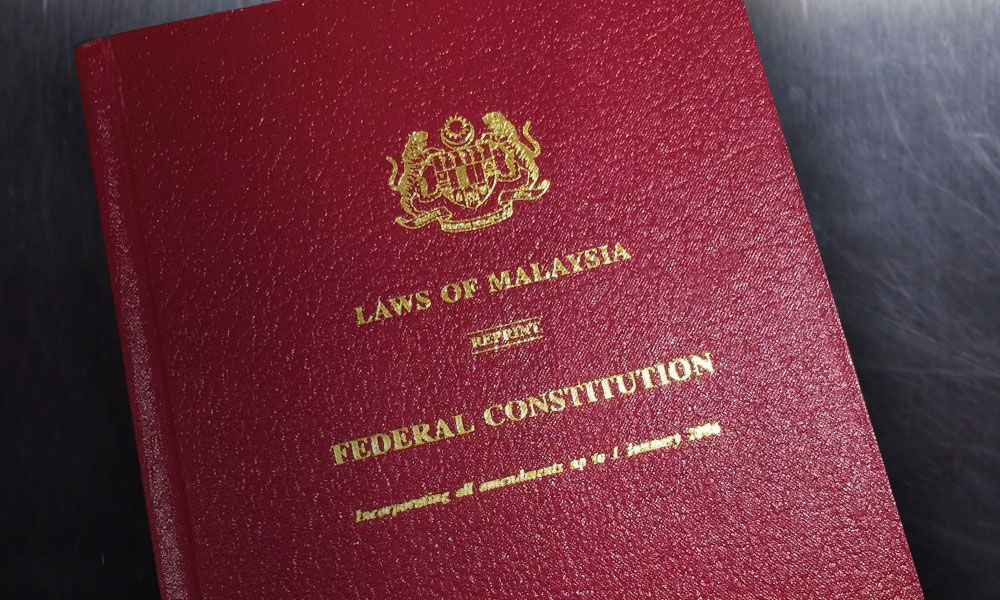COMMENT | A heated controversy is currently raging whether the Perikatan Nasional government is acting constitutionally in its current agenda to prohibit debates on the proclamation of emergency and its subsequent ordinances in the coming parliamentary session starting from July 26.
I contend that it is unconstitutional to do so.
This is because Parliament is the ultimate authority to make laws, and any law hurriedly made during an emergency when Parliament is not sitting must be presented to Parliament for its endorsement or rejection at the first available opportunity when Parliament sits.
This principle is enunciated in Articles 150(2B) and 150(3) of the Federal Constitution.
I quote these clauses of Article 150 (Proclamation of Emergency) as follows:
Article 150(2B): “If at any time while a Proclamation of Emergency is in operation, except when both Houses are sitting concurrently, the Yang di-Pertuan Agong is satisfied that certain circumstances exist which render it necessary for him to take immediate action, he may promulgate such ordinances as circumstances appear to him to require.”
Article 150(3): “A Proclamation of Emergency and any ordinance promulgated under Clause (2B) shall be laid before both Houses of Parliament and, if not sooner revoked, shall cease to have effect if resolutions are passed by both Houses annulling such Proclamation or ordinance but without prejudices to anything previously done by virtue thereof...”
Article 150(2B) clearly states that the Agong can only make laws during an emergency when Parliament is not sitting and not otherwise. This is in recognition of the fact that Parliament is the rightful authority to make emergency laws even during an emergency. The Agong (who acts on the advice of the prime minister) only comes in as a surrogate legislator to relieve an emergency in the absence of a sitting Parliament.
And so, when Parliament sits, the prime minister’s first duty is to submit the proclamation of emergency and its subsequent ordinances promulgated under Article 150(2B) to Parliament for its review.
And that explains the inclusion of Article 150(3) which makes it mandatory for the prime minister to perform this duty, which, as stated in this clause, may lead to these laws being annulled.
A full interpretation of Article 150(3) would therefore be: the prime minister tabling these laws, followed by a full debate, and leading to a final decision as to whether these laws should be endorsed.

It would, therefore, be unthinkable if the prime minister, after presenting the laws, prohibits Parliament from carrying out its fundamental legislative function to debate and approve or reject the laws.
In fact, such high-handed act from the executive to subjugate the legislature is a violation of the fundamental principle of our Federal Constitution that Parliament and the executive should be independent of each other, a sacrilegious affront against parliamentary democracy, and last but not least, a flagrant breach of Article 150(3) of the Federal Constitution.
Above all, it is a slap on the face of the Agong, who, in a decree on June 29, expressly called for “a debate on the emergency proclamation and emergency ordinances, in accordance with Article 150(3) of the Federal Constitution”.
Is the prime minister prepared to face the serious consequences of such a dastardly act to silence Parliament and mock democracy?
KIM QUEK is the author of the banned book The March to Putrajaya, and best-seller Where to, Malaysia?
The views expressed here are those of the author/contributor and do not necessarily represent the views of Malaysiakini.

